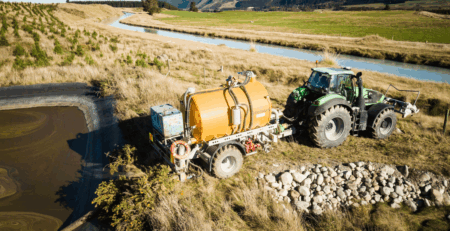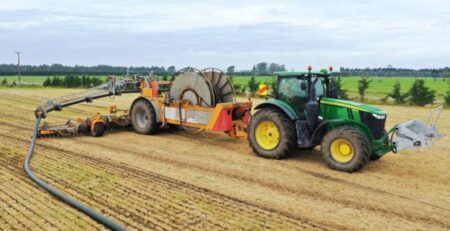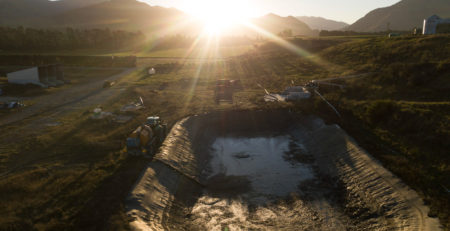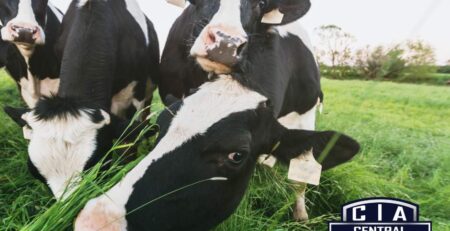Slurry Application Benefits with CIA
Slurry application on farms can be effective for a few reasons.
Firstly, dairy effluent is rich in nutrients like nitrogen, phosphorus, and potassium, which are essential for plant growth. With slurry application, farmers can recycle these nutrients back into the soil, minimizing the need for synthetic fertilizers and reducing costs.
The slurry injection at Central Injection Agri is one of the most beneficial and cost-effective tools that is less damaging than traditional muck spreading. This type of slurry application requires the manure to be grinded into small particles that can be combined with water to create a liquid, which can then be injected into paddocks.
The liquid slurry product is injected into the ground and can stimulate boosted production of crops. Slurry injection can allow more nitrogen to be introduced into the soil. Slurry injection has become a favoured process of application in recent years, due to its reduced ammonia emission (around 70% reduction), which can preserve Nitrogen, reduce odour complaints, elimination of soil compaction and overall provide a more cost-effective agricultural service solution.
The use of Dairy effluent on farm helps improve soil structure and moisture retention. It contains organic matter that improves soil fertility, enhances water holding capacity, and promotes beneficial microbial activity. This can improve overall soil health and productivity.
Furthermore, slurry application also helps reduce environmental impact. When properly managed, it prevents the accumulation of nutrients in water bodies, which can lead to water pollution and eutrophication. By recycling the effluent on the land, farmers can mitigate these environmental risks and promote sustainable agricultural practices.
However, it’s important to note that proper management is key to ensuring the effectiveness and sustainability of spreading dairy effluent. This includes appropriate storage, slurry application rates, and timing to avoid overloading the soil, minimizing odor issues, and preventing nutrient runoff.
Talk to the team at Central Injection Agri about how we can affect a positive change in your effluent practices.









